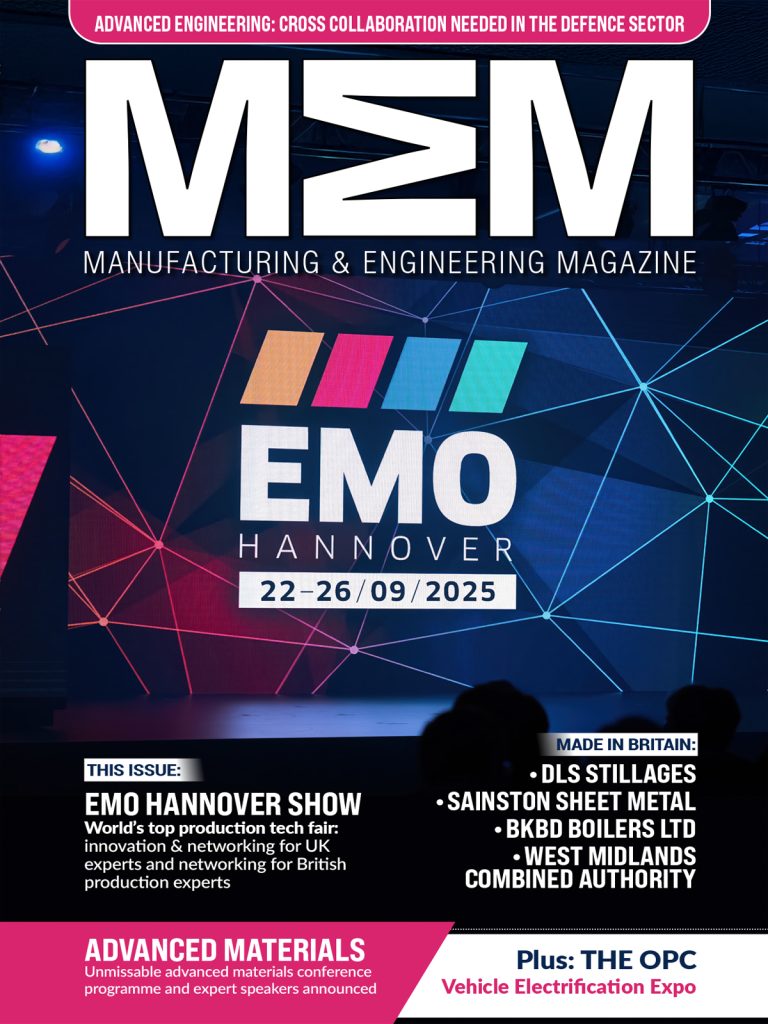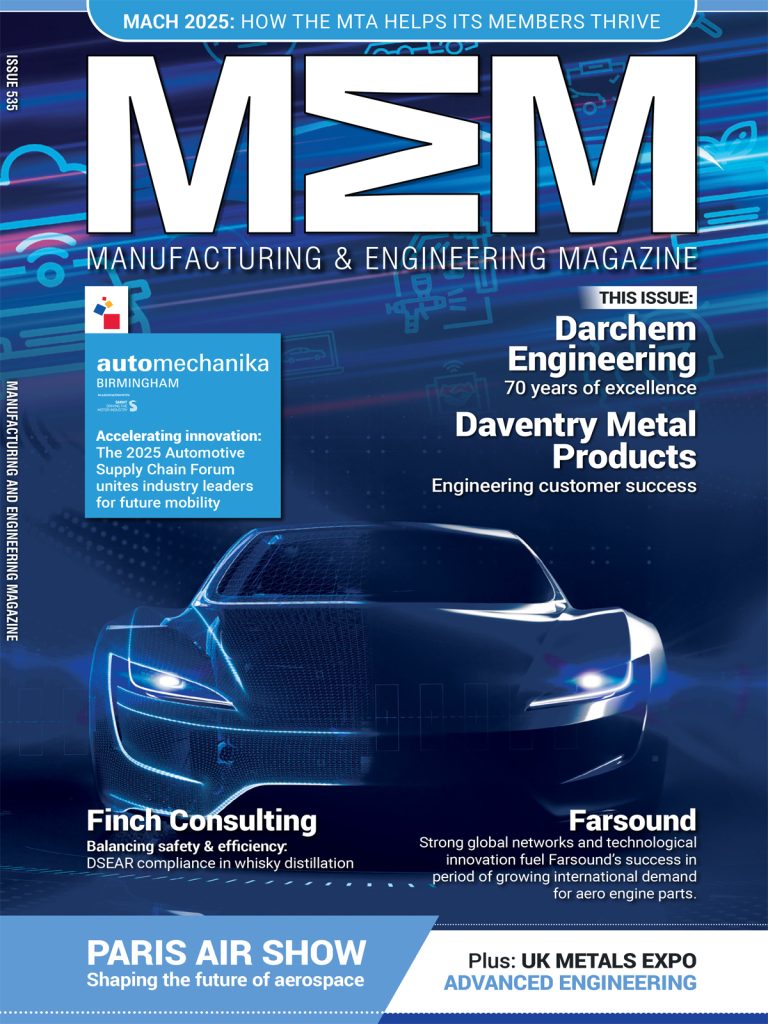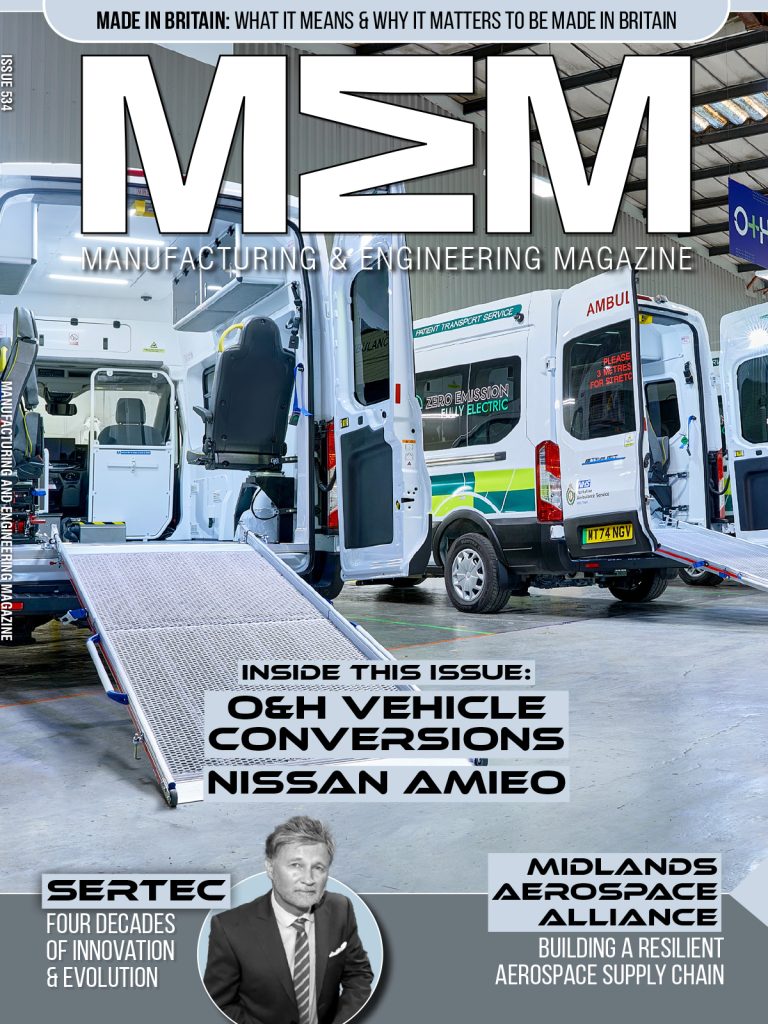According to Business Dictionary, flexibility is: ‘The ability of a system, such as a manufacturing process, to cost effectively vary its output within a certain range and given timeframe.’
It is crucial and one of those things that, as the founder of a company, we hope we will encourage and foster, but implementing it is sometimes easier said than done. Many of us will have been employed in workplaces before where there are bosses or managers utterly stuck in their ways, in the methods and technology they use. The common saying is: Thatâs the way we do things here.
That could apply to a company process, such as software or HR, or it could apply to a way financial transactions occur. As an example, take the leasing of vehicles, and its booming popularity within both the personal and business sectors.
According to figures gathered from the Finance and Leasing Association, the value of the leasing sector grew by a gigantic 41.8% in 2016 to £1.523 million, and now accounts for 8% of the new car finance market. Meanwhile, hire purchase â where a customer pays a much higher monthly premium per month, and owns the car at the end of an agreed term â is falling dramatically, by as much as 15% in the same time period.
Why would this be? Surely we want to own our vans or cars? Perhaps so, but for many of us that desire might be offset by the need to drive a new vehicle, no matter who the owner might be. Perhaps we donât want to be concerned about maintenance of the vehicle, and would rather pay a slight amount per month for this to be dealt with. Maybe weâd like to swap cars regularly, but donât want to go through the hassle of finding a seller. Leasing is a solution to each of these concerns.
One of the biggest challenges for a business is cash flow; unpaid bills, a lack of income, computer error or external factors can all put a freeze on resources at key times. One way of legislating for these effects is to have more money to hand or in savings, should a crisis situation arise. Leasing might not be the only way to guarantee that youâve got more money to play with in an emergency â a prudent financial strategy is a stronger overall approach â but it can really help.
Since youâre not paying for the entire value of the vehicle, and instead only renting it and paying an amount appropriate to its depreciation, the cost is far cheaper per month than the amount you would pay if you were actually buying the vehicle.
All youâre paying for is the difference in cost between a new vehicle and what it will cost in two, three or four yearsâ time, spread over monthly payments. Therefore, with some vehicles you might save £2-300 per month â which could be allocated elsewhere in the company where the money is more needed.
There are costs and benefits of owning your own vehicle as opposed to leasing. Ultimately it is your decision, and depends on how important flexibility is to your business.
Manufacturing & Engineering Magazine | The Home of Manufacturing Industry News














